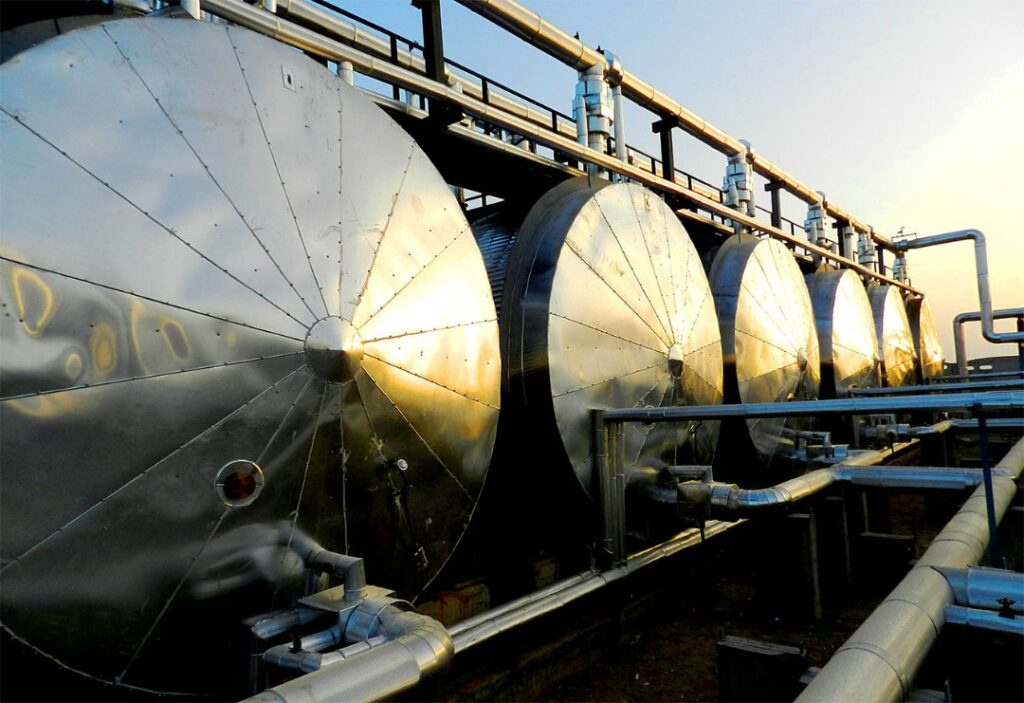
Bitumen and asphalt are widely used in construction and other industries due to their unique properties. Here’s a more detailed look at their applications:
1.Road Construction:
•Binder in Asph-alt: However Bitumen serves as the adhesive that binds aggregates together in asphalt mixtures, forming the road’s surface.
•Sealants: However, Bitumen is used to seal cracks and joints in roads to prevent water ingress, which can lead to road degradation.
2.Waterproofing:
•Roofing Materials: Meanwhile Bitumen is used in roofing felt, shingles, and membranes for waterproofing roofs and other structures.
•Dams and Reservoirs: Also Its water-resistant properties make bitumen an ideal choice for lining reservoirs and dams to prevent seepage.
3.Industrial Applications:
•Pipe Coatings: Although Bitumen can coat pipelines to protect them from corrosion and water damage.
•Paints and Sealers: In some cases, bitumen is used in industrial paints and sealants for waterproofing and corrosion resistance.
4.Soundproofing and Insulation:
•However Due to its dense and sticky nature, bitumen can be used as a soundproofing material in walls or insulation against dampness.
1.Road Surfacing:
•Paving Roads: Also Asphalt is the primary material for creating road surfaces. It provides durability, smoothness, and flexibility to accommodate traffic loads.
•Highways and Expressways: However, Its ability to handle heavy loads and intense traffic makes asphalt ideal for major roadways.
•Urban Roads and Streets: Also Asphalt is used in city streets, providing a smooth surface for vehicles and pedestrians.
2.Airport Runways:
•Asphalt is used to surface runways due to its ability to handle high-speed aircraft landings and its resistance to wear and tear from heavy planes.
3.Parking Lots:
•Commercial parking lots are often paved with asphalt for durability and ease of maintenance.
4.Sports Courts and Tracks:
•Asphalt is commonly used in the construction of tennis courts, running tracks, and other sports facilities due to its smooth surface.
5.Railways:
•In some cases, asphalt is used in railway trackbeds to reduce noise, improve stability, and enhance drainage.
6.Recycling and Environmental Applications:
•Reclaimed Aspfalt Pavement (RAP): Also Asphalt is one of the most recycled materials. Old asfalt can be milled and reused in new road projects, making it an environmentally friendly option.
•Permeable Asfalt: However Special types of asfalt are used in permeable pavements to reduce stormwater runoff, helping manage water in urban environments.
Both bitumen and asfalt have key roles in infrastructure and industrial applications due to their durability, water resistance, and versatility.
Bitumen Products
Gilsonite
Cold Asphalt
